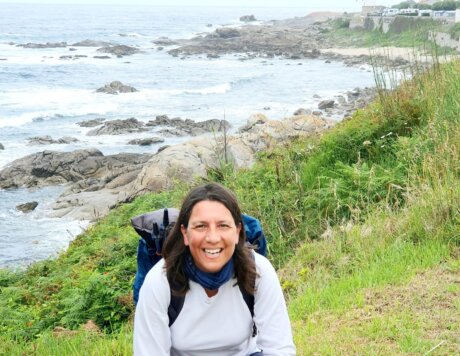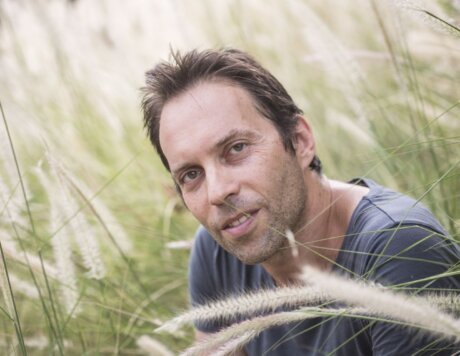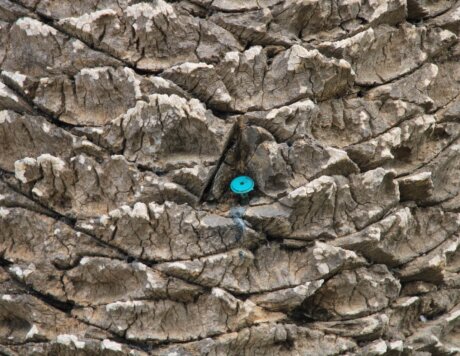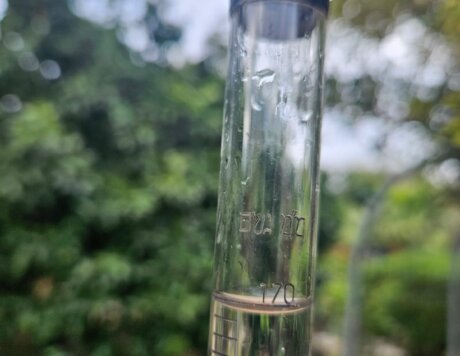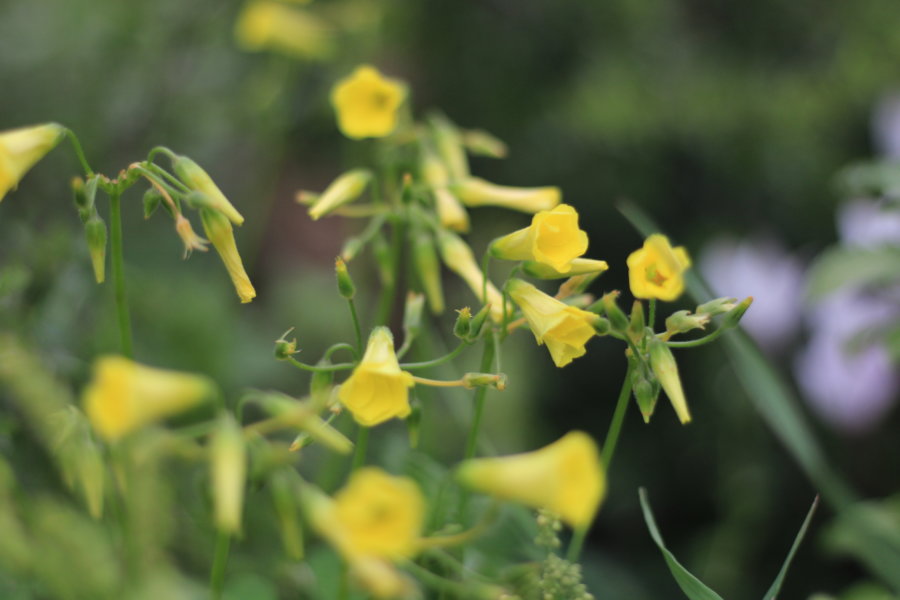
Sourgrass – Sour invasion
“Maybe a dog peed on that”, says a parent to their child who’s happily chewing on sourgrass (wood sorrel), and for a moment we can believe that the real big threat is leftovers from someone’s pet. But in fact, this same sourgrass, which has long been part of the Israeli childhood experience, is a great threat to various species and is actually an “invasive species”.
How and from where did sourgrass reach Israel?
Sourgrass reached Sicily, Italy, from South Africa, in 1796, as an ornamental plant for homes, and quickly found its way to parks and gardens. It was first observed in Israel in 1906, but it’s unclear whether it was brought here accidentally or as a garden plant.

Sourgrass tends to grow at high density, reaching up to 3000 plants per square metre!

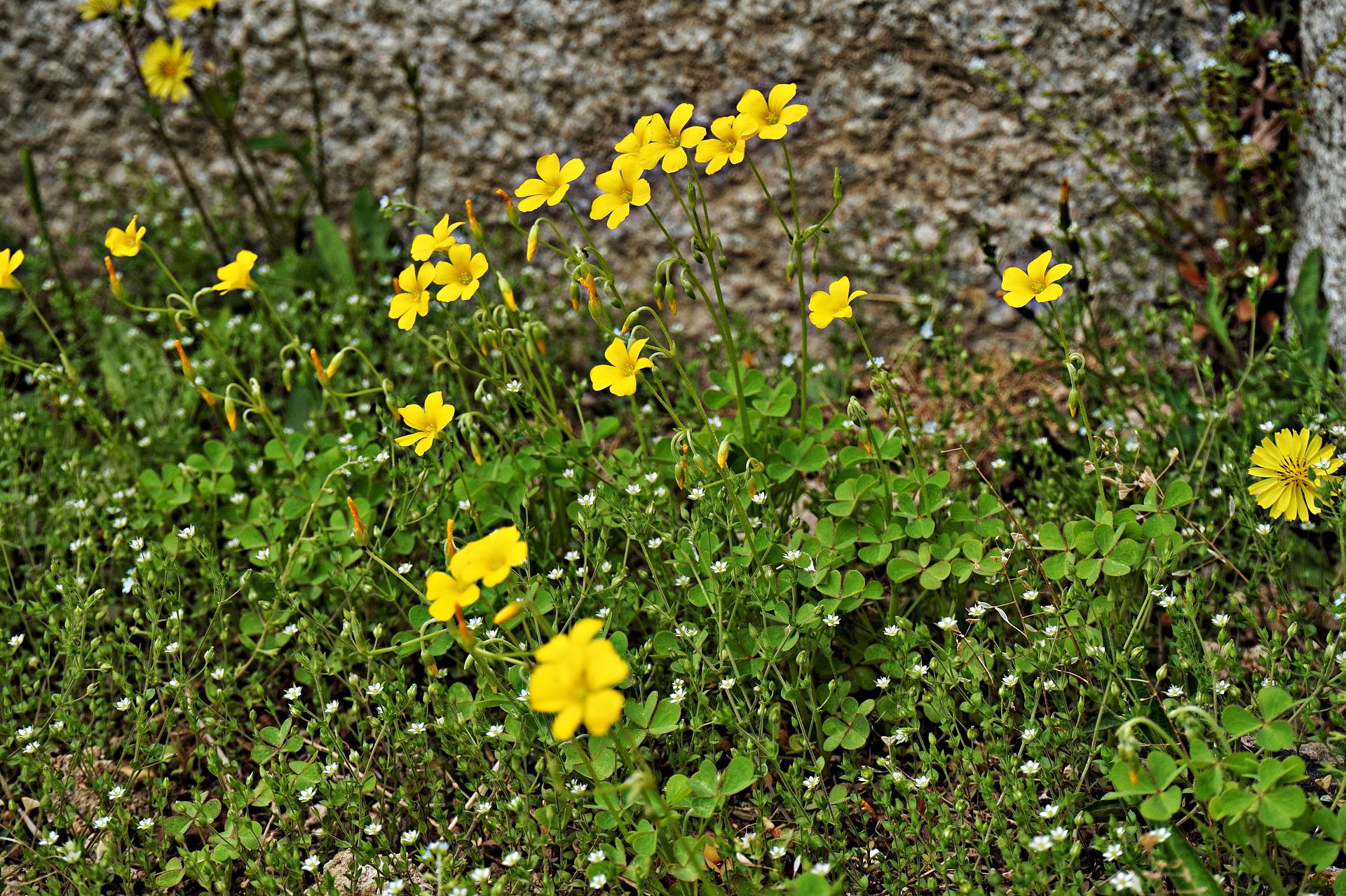
Who did you call invasive?
Sourgrass is not part of the natural system in Israel. Its introduction by humans, its traits for domination and adaptation and its reproductive ability make it an invasive species. It lives in regions that receive more than 250 mm average annual rainfall, and conditions in Israel are optimal for its reproduction. Sourgrass tends to grow at high density, reaching up to 3000 plants per square metre!
Who’s afraid of sourgrass?
The high density and rapid reproduction of sourgrass prevent other plants from growing next to them due to competition for resources; therefore, the fact that sourgrass grows in natural areas and even in nature reserves puts the existence of local biodiversity at risk and also endangers rare and endemic species.
A sour war
Currently, there is no effective way to permanently eradicate sourgrass, but if you encounter sourgrass in your garden, forget your fear of a dog peeing and be afraid of the sourgrass iself! Remove it from the soil, including its rhizome and bulbils (the underground organs responsible for its reproduction), and perhaps at least in your own private garden you’ll do away with this invasive species, which creates a particularly sour reality for the ecological balance in Israel.
Did you like it? Join our free mailing list to receive monthly news and updates about activities for the whole family. Register here.
Any question? We will be glad to help


